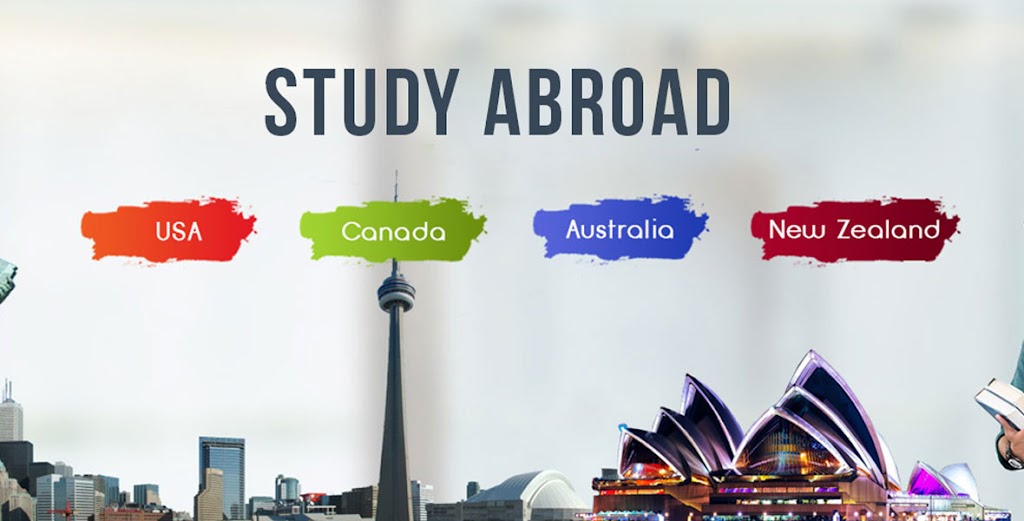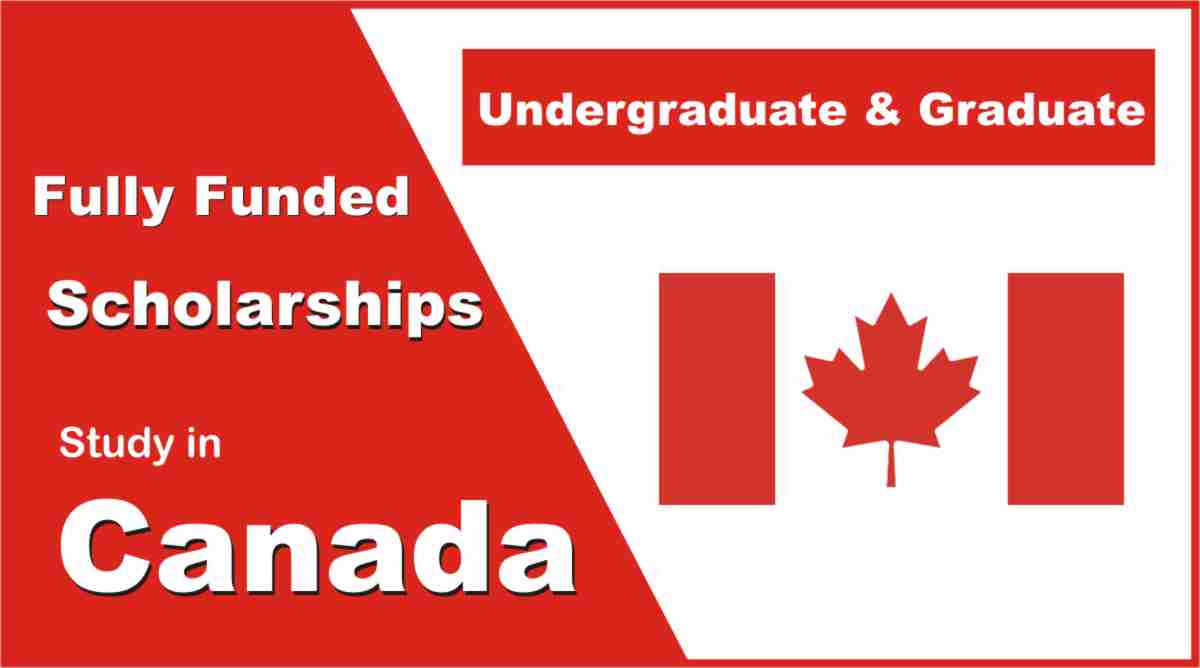Picture yourself debating philosophy in Paris, coding in Silicon Valley’s academic hubs, or studying environmental science amidst New Zealand’s stunning landscapes. Studying abroad is a life-changing opportunity to gain a world-class education, embrace new cultures, and boost your career. However, meeting study abroad requirements—ranging from academic credentials to visas—can feel like navigating a maze. This detailed guide simplifies the process, outlining the key requirements for studying abroad in 2025 with practical steps, inspiring stories, and expert tips. Whether you’re a high school senior or a professional seeking a graduate degree, your global academic journey begins here!
Why Study Abroad? The Benefits of a Global Education
Studying abroad is more than earning a degree—it’s a transformative experience that shapes your future. Here’s why students are choosing international education:
- Top-Tier Education: Access cutting-edge programs at globally renowned universities.
- Cultural Immersion: Live in a new country, learn its language, and build a global network.
- Career Edge: An international degree showcases adaptability, cultural competence, and global awareness.
- Personal Transformation: Develop independence, resilience, and a broader perspective.

Real-Life Story: Aisha’s Path to Australia
Aisha, a 22-year-old from Nigeria, dreamed of studying marine biology in Australia. The requirements—IELTS, academic transcripts, and a student visa—seemed daunting, but with guidance from her university’s international office, she secured admission to the University of Queensland. “Meeting the requirements took effort, but it opened doors to incredible opportunities. I’m now researching coral reefs!” Aisha’s journey proves that mastering study abroad requirements is the key to unlocking global education.
Understanding Study Abroad Requirements: A Comprehensive Overview
Study abroad requirements vary by country, university, and program, but they generally encompass academic qualifications, language proficiency, financial proof, and visa compliance. Understanding these components is crucial for a successful application.
Core Study Abroad Requirements
- Academic Credentials: Proof of prior education (e.g., high school diploma, Bachelor’s degree).
- Language Proficiency: Tests like IELTS, TOEFL, or local language exams (e.g., TestDaF for Germany).
- Financial Documentation: Evidence of funds to cover tuition and living expenses.
- Student Visa: Legal authorization to study in the host country.
Why Requirements Are Critical
Each requirement serves a purpose: academic credentials ensure you’re prepared for the program, language tests confirm your ability to study, financial proof guarantees sustainability, and visas ensure legal compliance. Missing any can jeopardize your plans.
Study Abroad Requirements for Top Destinations in 2025
Requirements differ across countries, reflecting their education systems and immigration policies. Below are the key requirements for popular study abroad destinations, covering academics, language, finances, and visas.
1. United States
- Academic: High school diploma (undergraduate, GPA 3.0+) or Bachelor’s degree (postgraduate). SAT/ACT for undergraduate; GRE/GMAT for some graduate programs.
- Language: TOEFL (80–100) or IELTS (6.5–7.0); some accept Duolingo.
- Financial: Proof of funds ($30,000–$60,000/year); bank statements or sponsor letters.
- Visa: F-1 Student Visa ($185, requires I-20 form and SEVIS fee).
- Why Study Here?: Home to Ivy League schools and diverse programs at institutions like Stanford and NYU.
2. United Kingdom
- Academic: High school diploma (e.g., 75%+ in CBSE/ISC for undergraduate) or Bachelor’s degree; UCAS application for undergraduate.
- Language: IELTS (6.0–7.0) or TOEFL; some accept PTE Academic or Duolingo.
- Financial: Proof of funds (£9,000–£15,000/year for living costs, plus tuition).
- Visa: Student Visa (£490, requires Confirmation of Acceptance for Studies).
- Why Study Here?: Prestigious universities like Oxford, Cambridge, and UCL offer compact, high-quality degrees.
3. Canada
- Academic: High school diploma (70%+ for undergraduate) or Bachelor’s degree; specific subject prerequisites for some programs.
- Language: IELTS (6.5–7.0) or TOEFL (80–100); CELPIP accepted for some institutions.
- Financial: Proof of funds (CAD 20,635/year for living costs, plus tuition); Guaranteed Investment Certificate (GIC) for some.
- Visa: Study Permit (CAD 150, requires acceptance letter and financial proof).
- Why Study Here?: Affordable tuition, post-study work permits, and a pathway to permanent residency.
4. Australia
- Academic: High school diploma (65%+ for undergraduate) or Bachelor’s degree; ATAR or equivalent for some programs.
- Language: IELTS (6.0–7.0), TOEFL (80–100), or PTE Academic.
- Financial: Proof of funds (AUD 24,505/year for living costs, plus tuition).
- Visa: Subclass 500 Student Visa (AUD 710, requires Confirmation of Enrolment).
- Why Study Here?: World-class universities like Sydney and Melbourne, with a strong focus on research and innovation.
5. Germany
- Academic: High school diploma recognized by Germany (e.g., IB, A-Levels) or Bachelor’s degree; Studienkolleg (preparatory course) for some.
- Language: IELTS (6.0–6.5) or TOEFL for English programs; TestDaF/Goethe for German programs.
- Financial: Blocked account with €11,904/year for living costs.
- Visa: Student Visa (€75, requires admission letter and financial proof).
- Why Study Here?: Tuition-free public universities and a thriving job market for STEM graduates.
6. New Zealand
- Academic: High school diploma or Bachelor’s degree; specific subject requirements for competitive programs.
- Language: IELTS (6.0–6.5) or TOEFL (80–100); some accept PTE.
- Financial: Proof of funds (NZD 20,000/year for living costs, plus tuition).
- Visa: Student Visa (NZD 375, requires Offer of Place and financial proof).
- Why Study Here?: Safe, scenic, and home to universities like Auckland and Otago with strong research programs.
Steps to Meet Study Abroad Requirements
Fulfilling study abroad requirements requires organization and proactive planning. Follow these steps to streamline the process.
Step 1: Research Programs and Destinations
Use platforms like QS Rankings, StudyPortals, or university websites to explore programs. Consider tuition, program reputation, and post-study work options.
Step 2: Confirm Academic Qualifications
- Transcripts: Obtain official transcripts from your school or university.
- Credential Evaluation: Use WES (USA/Canada) or ENIC-NARIC (Europe) to validate qualifications if needed.
- Standardized Tests: Register for SAT, ACT, GRE, or GMAT at least 6 months in advance.

Image: A student preparing for standardized tests for study abroad.
Step 3: Meet Language Proficiency Standards
- English Tests: Aim for IELTS (6.5+) or TOEFL (80+); use prep resources like Magoosh or British Council.
- Local Language: Learn German, French, or other languages for non-English programs via apps like Babbel or local classes.
- Retake if Needed: If scores are low, retake tests to meet minimum requirements.
Step 4: Secure Financial Proof
- Bank Statements: Show funds for tuition and living costs (e.g., AUD 24,505 for Australia, €11,904 for Germany).
- Scholarships: Apply for funding like Fulbright (USA), DAAD (Germany), or university-specific grants.
- Sponsorship Letters: If funded by family or organizations, provide official letters.
Step 5: Submit University Applications
- Portals: Use Common App (USA), UCAS (UK), or direct university portals.
- Documents: Include transcripts, test scores, Statement of Purpose (SOP), letters of recommendation, and a resume.
- Deadlines: Apply 6–12 months before the program (e.g., January for September intake).
Step 6: Apply for a Student Visa
- Documents: Passport, acceptance letter, financial proof, health insurance, and photos.
- Process: Apply online or via embassies; processing takes 2–12 weeks.
- Interviews: Prepare for visa interviews (e.g., USA F-1) by explaining your study plans and ties to your home country.
Step 7: Prepare for Departure
- Housing: Book dorms or rentals through platforms like Uniplaces or university housing offices.
- Travel: Secure affordable flights via Skyscanner or budget airlines.
- Orientation: Attend university welcome sessions to connect with peers and faculty.
Challenges of Meeting Study Abroad Requirements and How to Overcome Them
Preparing to study abroad can be challenging, but solutions exist for common obstacles:
- Academic Shortfalls: If your GPA or qualifications fall short, consider foundation programs or universities with flexible criteria.
- Language Barriers: Start test prep early and take language courses for non-English programs.
- Financial Hurdles: Apply for scholarships, explore part-time work (e.g., 20 hours/week in Canada), or choose affordable destinations like Germany.
- Visa Delays: Submit applications early and ensure all documents are accurate to avoid rejections.

Image: A student discovering their new study abroad city.
Insider Tips for Meeting Study Abroad Requirements
- Plan Ahead: Start 12–18 months before your program to meet deadlines comfortably.
- Customize Applications: Tailor your SOP and essays to each university’s values and program goals.
- Seek Guidance: Consult university advisors or education consultants for clarity on requirements.
- Network: Connect with current students or alumni on X or LinkedIn for real-world insights.
- Track Progress: Use a spreadsheet to manage application deadlines, test dates, and document submissions.
Frequently Asked Questions (FAQs)
Q: Are standardized tests like SAT or GRE mandatory for all countries? A: No, countries like Germany and France often don’t require them, but the USA and some Canadian programs do.
Q: Can I study abroad without IELTS or TOEFL? A: Yes, some universities accept Duolingo, PTE, or waive tests if you’ve studied in English.
Q: How much funding do I need to prove for a student visa? A: Requirements vary: CAD 20,635 (Canada), €11,904 (Germany), AUD 24,505 (Australia). Check country guidelines.
Q: What if my academic qualifications aren’t recognized? A: Use credential evaluation services or enroll in preparatory courses like Studienkolleg in Germany.
Q: How long does a student visa take to process? A: Typically 2–12 weeks, depending on the country and application accuracy.
Call to Action: Start Your Study Abroad Journey Today!
Mastering study abroad requirements is your ticket to a world-class education and a global perspective. Whether you’re drawn to the academic prestige of the UK, the innovation of Canada, or the affordability of Germany, preparation is key. Take the first step now:
- Research Programs: Explore options on StudyPortals.com or university websites.
- Prepare Early: Register for language tests and start gathering documents.
- Connect: Join study abroad communities on X or Facebook for tips and support.
Your global education adventure is waiting. Begin meeting study abroad requirements today and shape your future!










